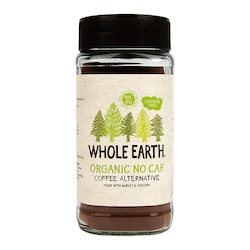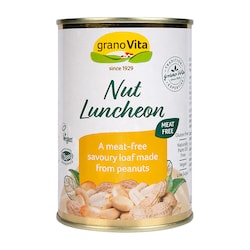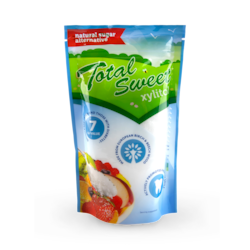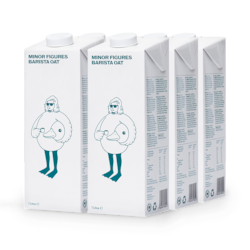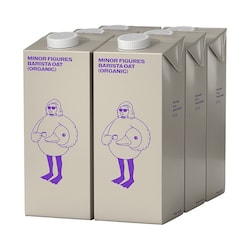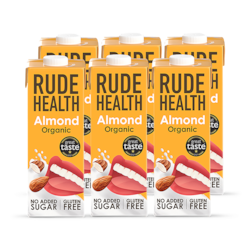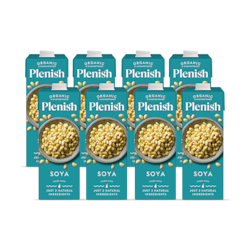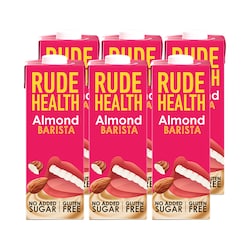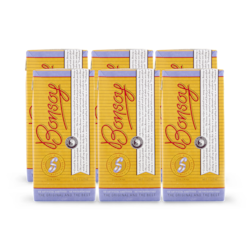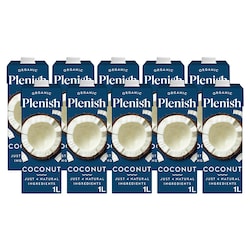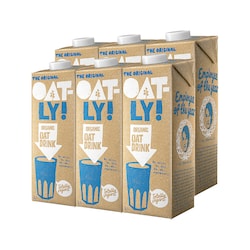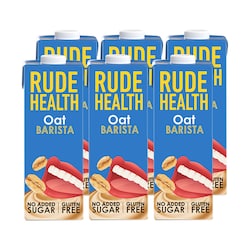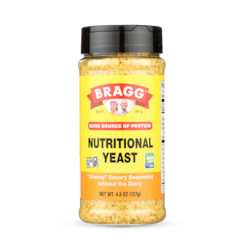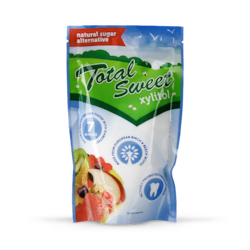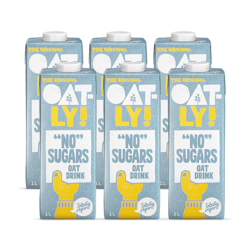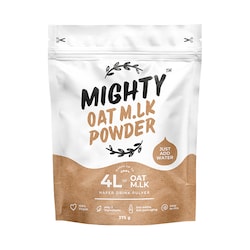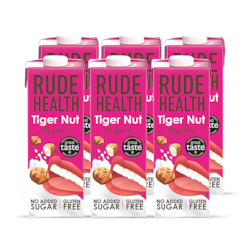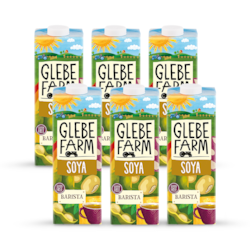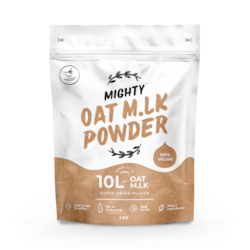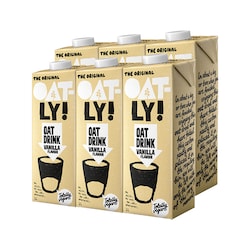20% off £30
Vegan shopping list essentials
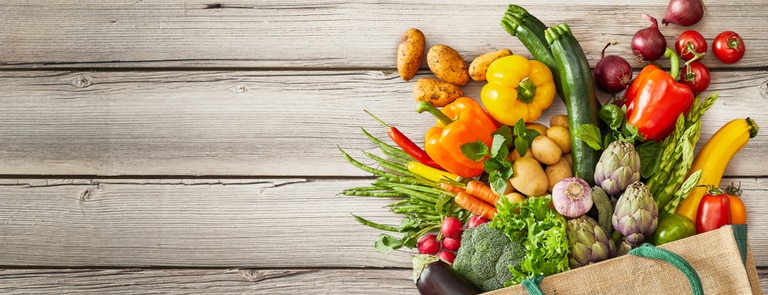
Many of our foods at Holland & Barrett are vegetarian-friendly and also suitable for vegans. From tempeh and tofu to teff and seitan, here we share a vegan shopping list packed with the essential nutrients needed for a healthy, balanced diet.
Benefits of following a vegan plant-based diet
A well-planned vegan diet can offer several health benefits. Here are four examples of how following a vegan shopping list could support your wellness.
1. Eating more fibre
Due to its richness in fruit and vegetables, a vegan diet is often higher in fibre than an omnivore diet.1
2. A healthier fat profile
There are typically more poly-unsaturated fats and less saturated fats in a plant-based diet.2 Consequently, vegans often consume lower amounts of cholesterol than people who eat meat.
3. Maintaining a healthy BMI
Obesity is less prevalent in people following a vegan diet.3 As a result, it’s suggested that following a vegan diet could help to support weight loss without restricting calories.4
4. Better blood pressure
Studies suggest high blood pressure could be less common in vegans. This is down to people following plant-based diets generally having a lower BMI.5
Summary
- Studies have uncovered several wellness benefits of following a vegan diet.
- Vegan meals often contain more fibre and lower cholesterol than an omnivore diet.
- This leads to benefits such as a healthier BMI and lower risk of high blood pressure.
Vegan shopping list
By breaking down your shopping list into key food groups, you can make sure you’re including a diverse range of nutrients in your plant-based diet.Here we cover some of the key food types for your vegan shopping list.

Fruit

Vegetables

Pulses and legumes

Nuts and seeds

Herbs and spices

Dairy alternatives

Whole grains
Summary
-
Include vegan ingredients from a variety of food groups in your vegan grocery list.
-
Make sure you include plant-based proteins, omega-3 fatty acids and calcium sources for nutritional balance.
-
There are also a wide variety of dairy alternatives available.
An introduction to 6 vegan ingredients

1. Tempeh

2. Tofu

3. Chia seeds

4. Teff

5. Seitan

6. Yeast flakes
Summary
- There are a variety of vegan ingredients available to add extra nutritional value to plant-based diets.
- This can help to replace the protein, calcium and other nutrients typically found in animal-derived foods.
- Nuts, seeds, grains, pulses and legumes are staples on most vegan shopping lists.
Which supermarket is best for vegans?
Due to the rising popularity of a vegan lifestyle, sourcing most of the items on your vegan shopping list from a supermarket shouldn’t be difficult.
Most supermarkets now stock popular vegan ingredients and options. You’ll often find these in a dedicated ‘free from’ aisle in stores or by using dietary filters online.
In addition, health and wellness retailers, such as Holland & Barrett are a great source of a diverse range of more unusual vegan ingredients, snacks and supplements.
Summary
- Most supermarkets now stock vegan alternatives and free-from ranges.
- Health and wellness retailers, such as Holland & Barrett, are also a great source of vegan ingredients.
Best vegan recipes
Now you have all your essentials, check out our recipes for some cooking inspiration.
Vegan meals
Vegan desserts and snacks
- For some vegan comfort food: date and chai tea sticky toffee pudding
- A vegan-friendly banana bread cake
- Mango, poppy seed and blueberry vegan cheesecake
Best vegan supplements
The NHS suggests a healthy vegan diet contains a variety of fruit and vegetables, dairy alternatives, protein from beans and pulses, starchy carbohydrates and small amounts of unsaturated oils and spreads.6 Although it’s possible to get all of this from what you eat, some people take vegan supplements to guarantee a good intake of some of the nutrients that are less prevalent in plant-based foods. For example, vitamin B12, omega-3, calcium, zinc, iron and iodine.
However, some vegans can find it tricky to consume enough of some essential nutrients. For example, it’s common for vegans to miss out on iron, calcium and vitamin B12 which are more typically sourced from animal products. In some cases, taking a vegan supplement can ensure you’re getting enough of essential nutrients. Zinc, vitamin B12, iron, calcium, omega-3 and iodine are supplements often favoured by vegans.
Want to learn more? Discover 6 essential vegan supplements to include in your diet.
Conclusion: A healthy vegan diet requires mindful shopping
There are numerous vegan ingredients available to make plant-based eating nutritious and diverse. From tempeh and tofu to teff and seitan, vegan ingredients are packed with everything you need for a healthy, balanced diet. So, with a carefully constructed vegan shopping list, you can get all the nutrients you need from your daily eating.
Last updated: 24 February 2021
1 https://www.ncbi.nlm.nih.gov/pmc/articles/PMC3967195
2 https://www.ncbi.nlm.nih.gov/pmc/articles/PMC3967195/
3 https://www.ncbi.nlm.nih.gov/pmc/articles/PMC3967195/
4 https://www.ncbi.nlm.nih.gov/pmc/articles/PMC6221888/
5 https://pubmed.ncbi.nlm.nih.gov/12372158/
6 https://www.nhs.uk/live-well/eat-well/the-vegan-diet/


